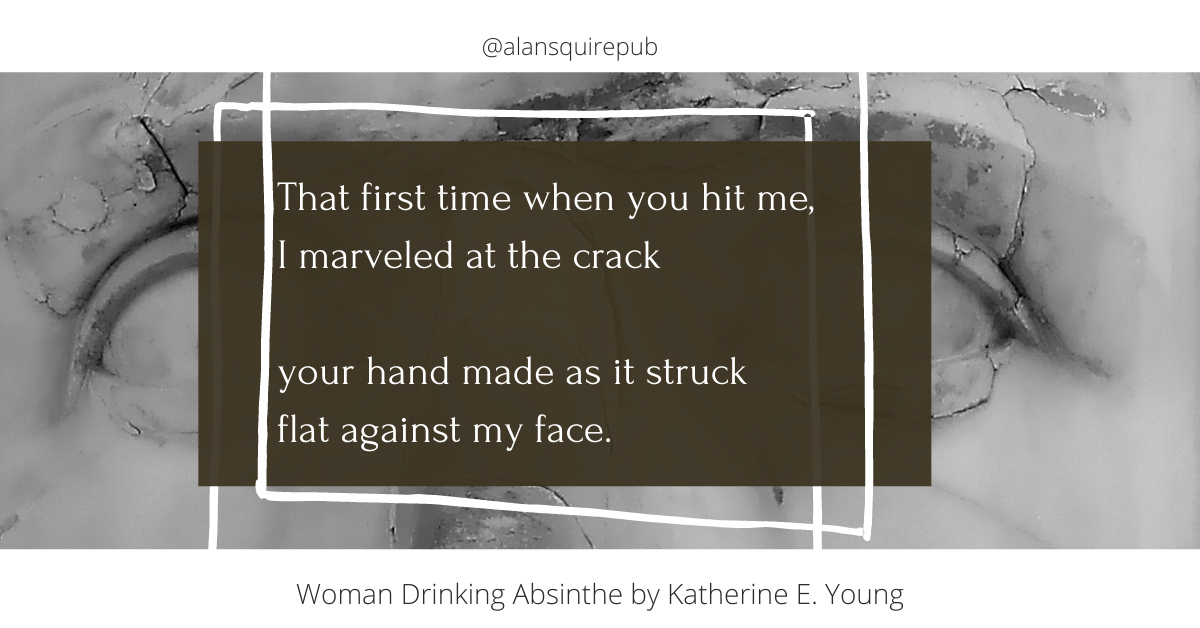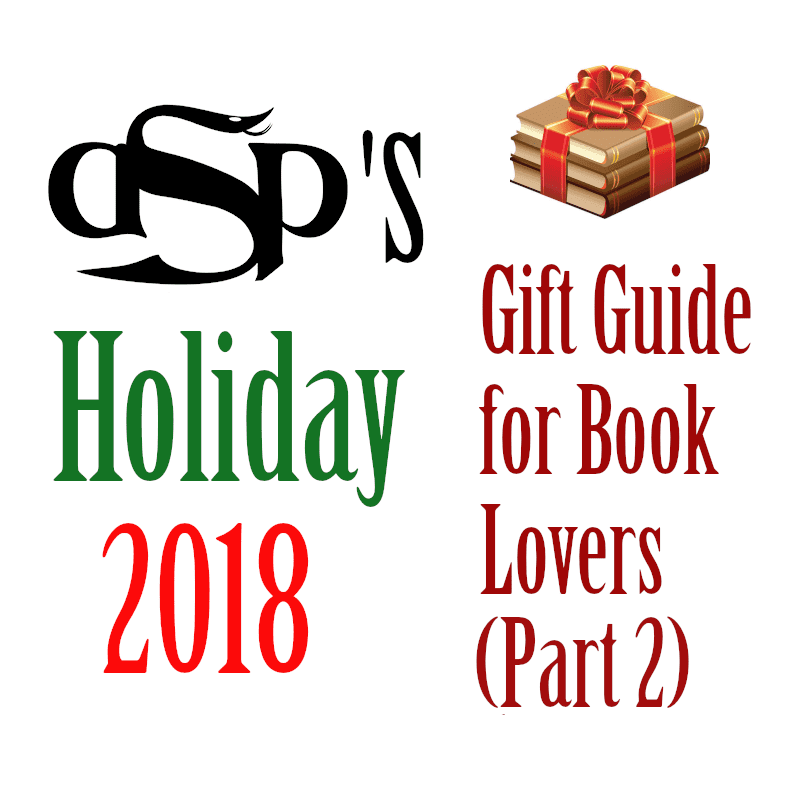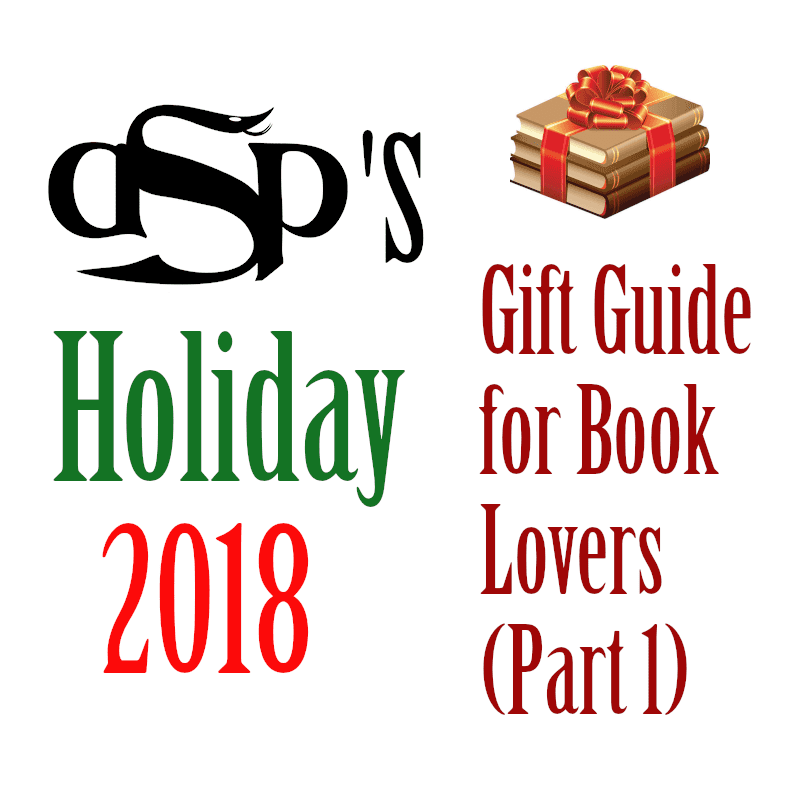WOMAN DRINKING ABSINTHE Analyzed by Billy Mills
Former Guardian Literary Journalist, Billy Mills, analyzes the conception of love in Katherine E. Young's new collection.

"Young’s core subject is love, but there’s nothing redemptive or particularly healing about its manifestations," writes Billy Mills in his analysis of Young's Woman Drinking Absinthe. Elsewhere he compares the different manifestations of this theme to coeval poets Christopher Jane Corkery and James Roome.
Mills analysis is fitting for Young's work which comes from a deeply literary place and is steeped in evocative allusion. Mills places WDA alongside the likes of Pound and Eliot in his thinking. Like these poets, Young uses unorthodox and historically informed forms and diction in her poetry.
An excerpt of Mills' analysis follows:
"The fourth (of five) sections of Katherine E. Young’s Woman Drinking Absinthe is a single sequence, ‘Place of Peace’ that takes off from a visit to the Civil War memorial at Shiloh National Military Park. The fourth section of the sequence opens with he line ‘Who doesn’t desire to be mesmerized by love?’ and ends ‘once more I fear the shadow of his hand.’ These lines could be said to serve as the twin poles of the entire collection.
For Young’s core subject is love, but there’s nothing redemptive or particularly healing about its manifestations."
The poems in Katherine E. Young’s Woman Drinking Absinthe concern themselves with transgressions. Lust, betrayal, guilt, redemption: Young employs fairy tales, opera, Impressionism, Japonisme, Euclidean geometry, Greek tragedy, wine, figs, and a little black magic to weave a tapestry that’s as old as the hills and as fresh as today’s headlines.
ASP Author’s Gift Guide for Book Lovers (PART 2)
Gift guide part 2 features Mysteries, Travel Writing, and Books about Northern California.
ASP Authors’ Gift Guide for Book Lovers
Well, it’s that time of year again, when holiday gift lists are popping up all over. Here at ASP HQ, we’re particularly interested, of course, in gifts for book-lovers, and we’ve noticed a curious fact: No matter how diverse the sources of these lists, a few titles pop up again and again. Usually these are recently published, widely reviewed best-sellers. While there’s nothing necessarily wrong with that, gift-givers might find themselves putting one more copy of the current hot mystery, or history, or memoir under a book-loving friend’s tree.
Featured Poetry: “Burial at Shanidar” by Elizabeth Hazen
This is no modern tradition, says Elizabeth Hazen. It is not only now that humans ornament their dead with flowers. “See,” she says in her rumination on tradition and humanity, Burial at Shanidar, “Even from a distance we dream of gardens where there should be stone.” And on Christmas especially, it is so wonderful to curl up with a book of poetry, even to read out-loud to one’s family, and bask in the ways we make words, just like the long winter days of dark, meaningful with light and tradition.

